When American TV show ratings start to plummet, characters with British accents get added; when websites need more views, one solution is the use of clickbait.

Despite the opinions and commentary regarding clickbait, one thing holds true: it’s effective. I went ahead and did a little research to find out why this method of marketing works and how we, as writers, might be able to apply it to our own endeavours such as creating interesting essay titles.
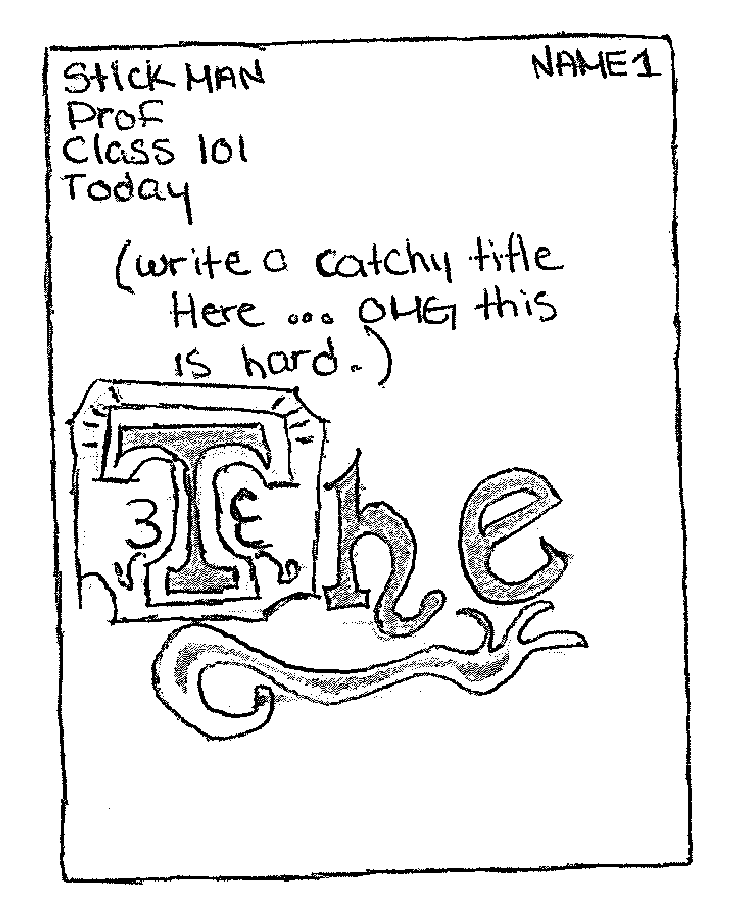
According to the Oxford English Dictionary (OED), clickbait is online “content whose main purpose is to attract attention and encourage visitors to click on a link to a particular web page.” Basically, it’s a catchy title that lures you in with attractive words.
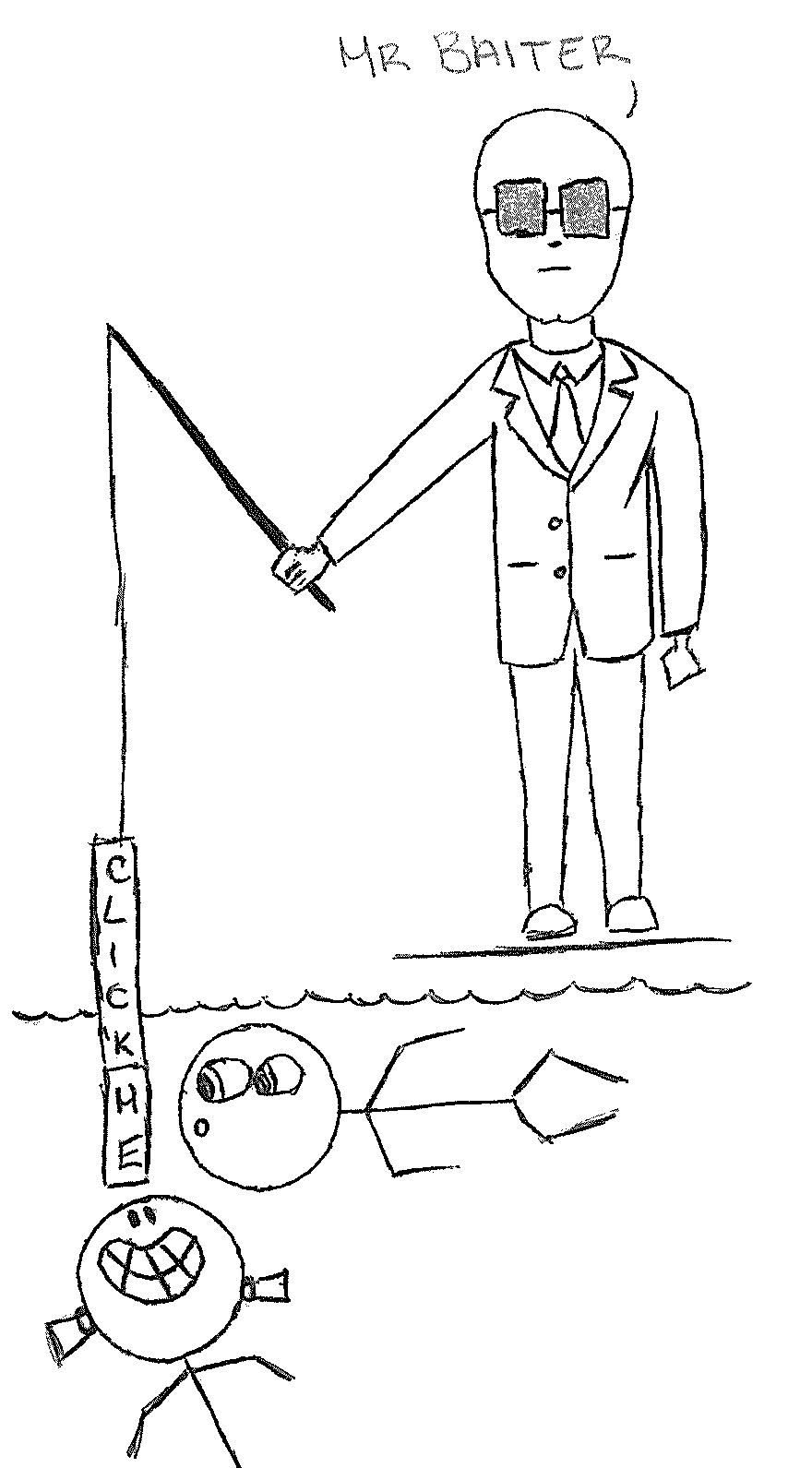
The issue with clickbait is that these catchy titles can be misleading. Here are some examples of what good clickbait look like (I wrote these so maybe they aren’t that great):
- You’ll Never Guess What I Sat On
- Smelling This Will Change Your Life Forever
- I Didn’t Know Cats Could Do This
So why do we feel compelled to click these type of article titles?
The short answer is the desire to fill the “curiosity gap.” This gap is described as “a discrepancy between what one knows and what one wants to know” (Kang et al., 2008).
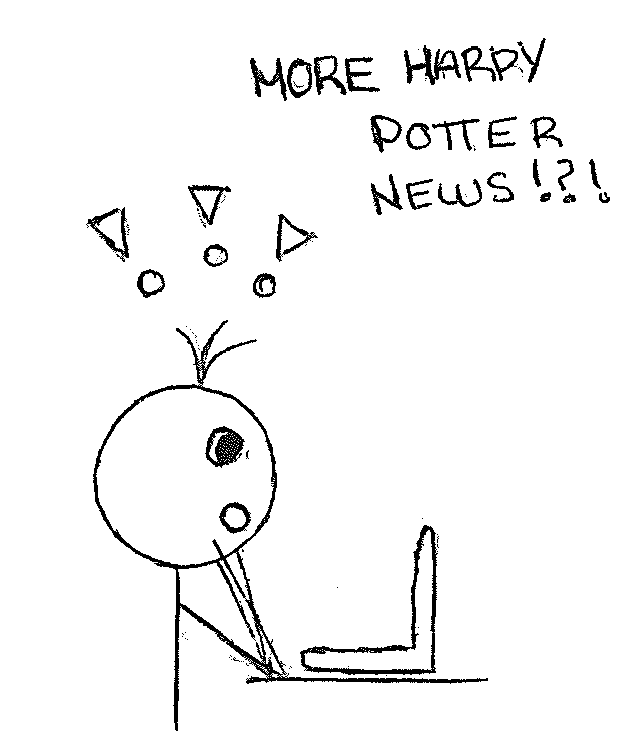
This is why we get that “curious itch” when we read catchy article titles. We have a burning need to know things, especially when we have immediate access to answers.
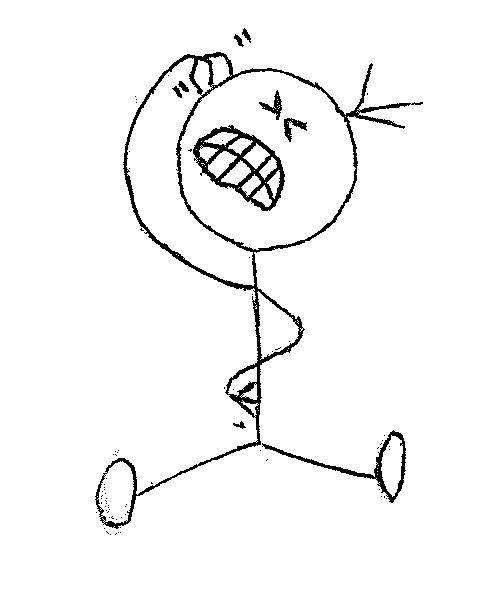
Much like clickbait, an essay title should suggest that the reader will learn something by the end of the paper, whether it be enlightening or not. Titles need to:
- Prompt questions
- Be concise
- Tell the reader what they will read
If you ever need help developing your essay or report titles, visit the Writing Centre drop-ins for a second opinion.
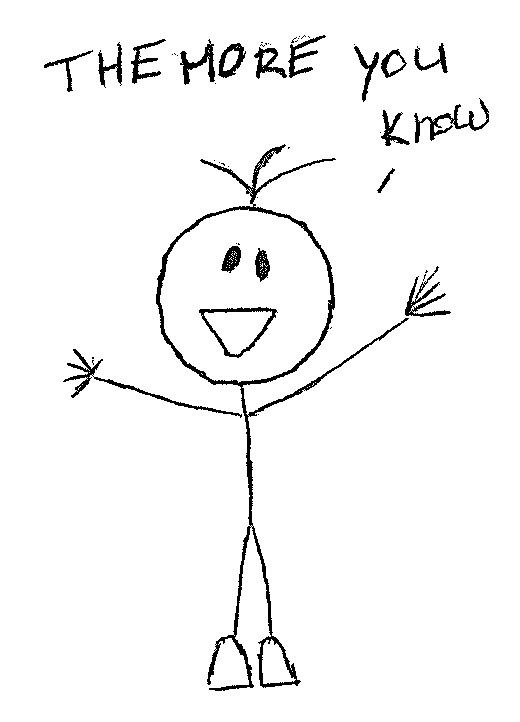
Until my next transmission.
Bibliography
"Clickbait." Oxford Dictionaries. Oxford University Press, 2015. Web. 26 Oct. 2015. http://www.oxforddictionaries.com/definition/english/clickbait
Godsall, David. "You’ll Never Believe the Strange Science of Click Bait."Hootsuite. HootSuite Media Inc., 22 July 2014. Web. 26 Oct. 2015. http://blog.hootsuite.com/the-strange-science-of-click-bait/
Mussel, Patrick. "Epistemic Curiosity and Related Constructs: Lacking Evidence of Discriminant Validity." ScienceDirect. Elsevier B.V., 1 Oct. 2010. Web. 26 Oct. 2015. http://www.sciencedirect.com/science/article/pii/S0191886910002540
Mussel, Patrick. "Epistemic Curiosity and Related Constructs: Lacking Evidence of Discriminant Validity." ScienceDirect. Elsevier B.V., 1 Oct. 2010. Web. 26 Oct. 2015.http://www.wired.com/2010/08/the-itch-of-curiosity/
Kang, Min Jeong and Hsu, Ming and Krajbich, Ian M. and Loewenstein, George and McClure, Samuel M. and Wang, Joseph Tao-yi and Camerer, Colin, The Wick in the Candle of Learning: Epistemic Curiosity Activates Reward Circuitry and Enhances Memory (November 27, 2008). Psychological Science. Available at SSRN:http://ssrn.com/abstract=1308286 or http://dx.doi.org/10.2139/ssrn.1308286